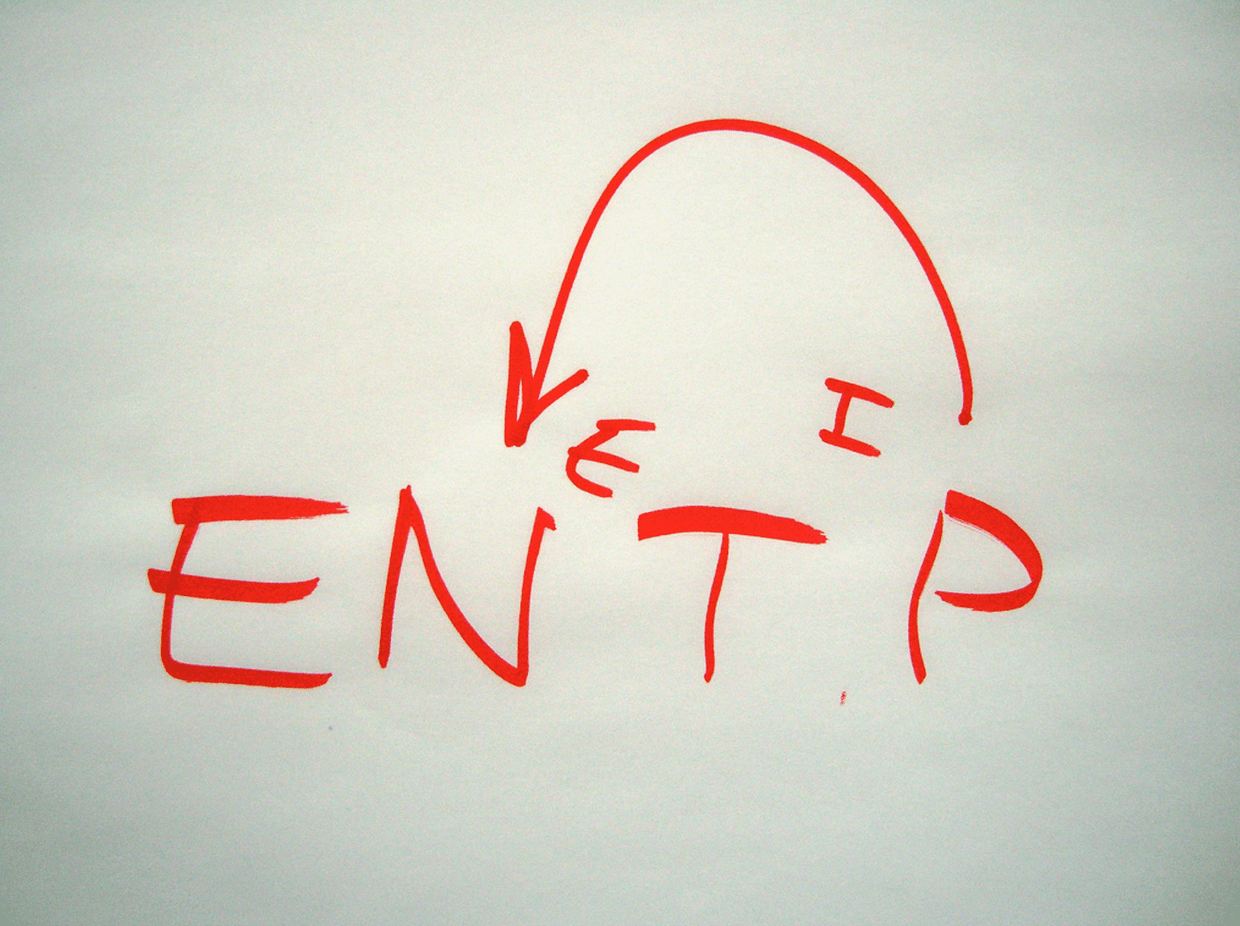
13 Reasons Why The Myers-Briggs Test Is Absolute Nonsense

1. It’s a psychological test that wasn’t devised by psychologists.
Neither Isabel Briggs Myers nor Katherine Briggs had any formal psychological training.
2. It relies on hyper-simplistic binaries.
Even renowned psychological theorist Carl Jung, whose writing formed the initial inspiration for the Myers-Briggs test, admitted that terms such as “introvert” and “extrovert” were false dichotomies and entirely too limited to either adequately describe or predict human behavior.
3. Up to half of the people who take the test don’t receive the same results twice.
Up to half of the people who take the test a second time end up with a different personality classification, even if they take it within five weeks of the first test.
4. Actually, make that three-quarters rather than half.
According Annie Murphy Paul’s The Cult of Personality Testing, “as many as three-quarters of test takers achieve a different personality type when tested again…and the sixteen distinctive types described by the Myers-Briggs have no scientific basis whatsoever.”
5. It fails at predicting job performance.
Multiple studies have clearly demonstrated that the MBTI is incapable of accurately predicting job performance.
6. Corporations love it; psychologists don’t.
The test is used by most Fortune 500 corporations, but it is not typically used by professional psychologists.
7. Even a psychologist at the company that issues the test doesn’t swear by it.
Stanford University psychology professor Carl Thoreson, who is on the board of the company that issues the MBTI, has never mentioned the test in the over 150 academic papers he’s published. “I didn’t use it in any of my research,” Thoreson says, “in part because it would be questioned by my academic colleagues.”
8. The National Academy of Arts and Sciences rejects it.
The National Academy of Arts and Sciences conducted a study that concluded that the S-N and T-F scales had little to no validity.
9. There is no scientific way to prove the validity of the test’s terminology.
There is absolutely no scientific basis for the test’s terminology, which has been criticized as “vague and general.”
10. Respondents can either fake their answers or describe themselves inaccurately.
As with all personality tests, it’s easy to fake one’s responses or describe oneself in ways that most others may not perceive you.
11. The test is purely speculative.
There is no way to validate it scientifically.
12. It stereotypes people.
The Army Research Institute has advised that the MBTI should not be used in career counseling and has warned that “the types may simply be an example of stereotypes.”
13. There is little to no evidence to support its claims.
According to a study in Review of Educational Research, “A review of the available literature suggests that there is insufficient evidence to support the tenets of and claims about the utility of the test.” ![]()











